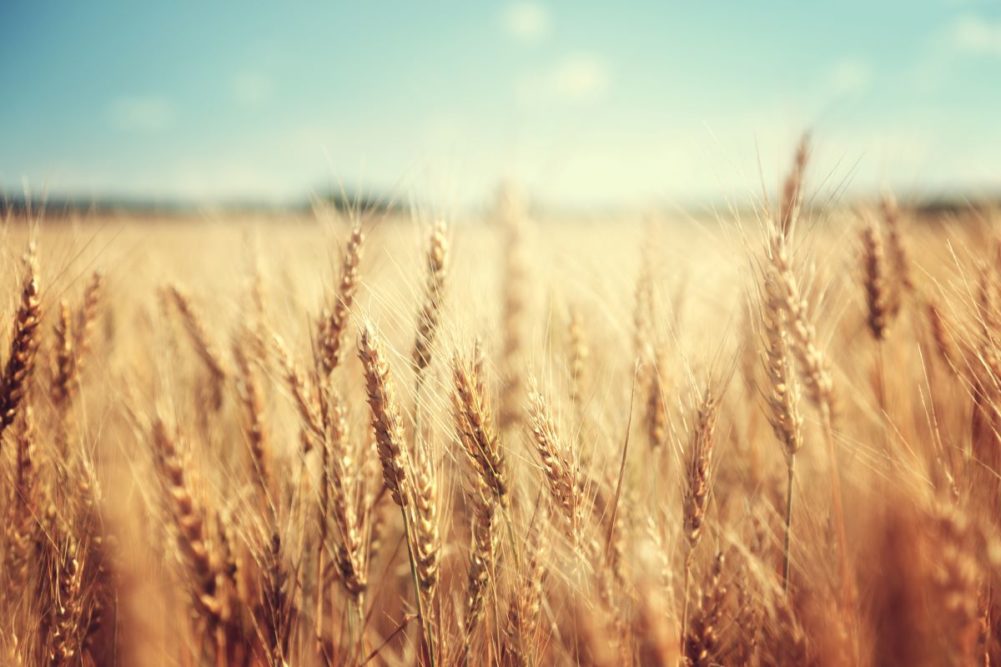Researchers from Kansas State University (KSU) and Israeli scientists are partnering on a project that will use precision agriculture tools to address nitrogen application in wheat, which must account for the grain’s sensitive balance of yield and protein.
KSU and partners from The Hebrew University of Jerusalem have been awarded $310,000 from the Binational Agriculture Research and Development Foundation (BARD), according to Raj Khosla, head of the KSU Department of Agronomy. The joint three-year project between KSU and Israel is expected to launch in early 2024.
“It’s a priority for farmers in Kansas that they want to increase yield in wheat, or any other crop,” Mr. Khosla said. “But wheat is tricky. The moment you start working on yield alone, it may impact the protein content of wheat if not supplemented with balanced nutrition, particularly nitrogen.”
Mr. Khosla said his team will focus on co-creating spatio-temporal techniques for precision nitrogen management that accounts for both macro-scale (soil) and micro-scale (crop) variability together with weather parameters.
Precision agriculture technologies include equipment guidance and automatic steering; yield monitoring; remote sensing; in-field electronic sensors; section and row control on planters, sprayers and fertilizer applicators; and spatial data management systems.
In addition to Mr. Khosla, the principal investigator on the project is Ittai Herrmann, senior lecturer and assistant professor in the Plant Sensing Laboratory at The Hebrew University of Jerusalem. Additional collaborating investigators include KSU Agronomy Department members Jeffrey Siegfried and Dipankar Mandal, and Roi Ben-David of the Institute of Plant Science at the Volcani Center in Israel.
“This is good for Kansas farmers because the brightest young minds are coming together from two nations for a highly innovative, science-based, decision-making process on both sides to make wheat more productive, more nitrogen-use efficient; and doing all of that while being good to the environment,” Mr. Khosla said.





